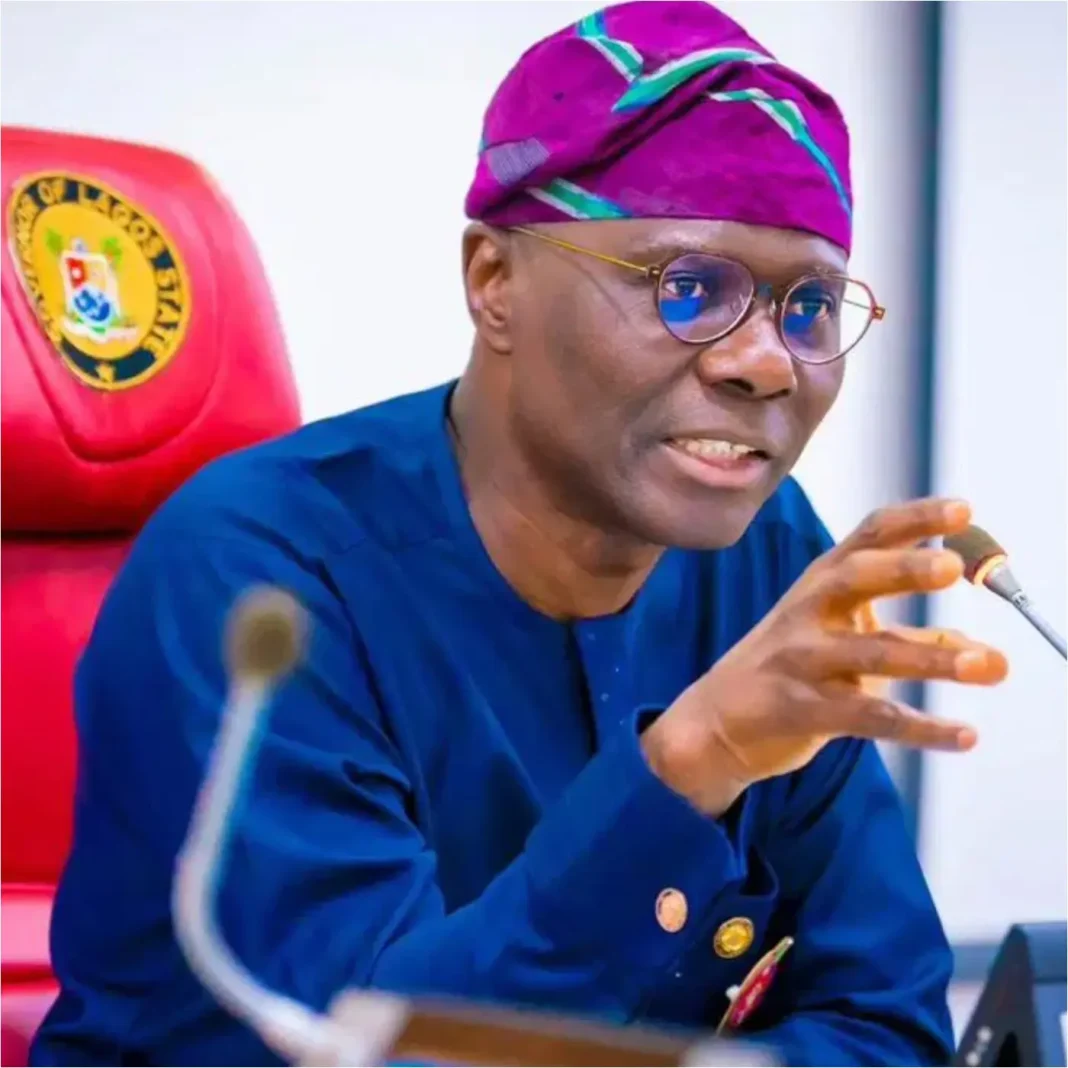This move by the Lagos State Ministry of Waterfront Infrastructure Development really highlights how serious the state is about sticking to its Mega City Master Plan and addressing long-standing issues of land encroachment and unregulated settlements, especially in high-stakes zones like Lekki.
Commissioner Alebiosu’s firm tone signals a shift toward zero tolerance for illegal structures—particularly on strategic state-owned land like the Okunde Bluewater Scheme. It’s clear they’re not just focusing on aesthetics, but are treating this as a matter of public safety, environmental sustainability, and urban planning discipline.
Also, given Lekki’s ongoing transformation into a major commercial and residential hub, it’s understandable that the government wants to ensure orderly development. Coastal areas are not only ecologically sensitive but also prone to flooding, erosion, and other climate-related risks—so the push to clear out unregulated structures could be as much about disaster risk reduction as it is about urban modernization.
What’s your take on this? Do you see this as a necessary step toward responsible urban planning, or are you concerned about the social implications—like displacement or how it impacts low-income residents?


